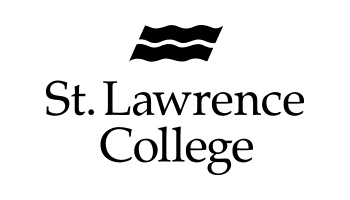课程介绍
在 CST课程中,学生将获得专业知识和实践技能,以支持在商业环境中使用计算机和网络。毕业生既可以独立工作,也可以作为团队的一员实施和维护 IT 解决方案,以满足个人和组织的日常工作需求。课程中,我们的学生将获得客户端/服务器计算、云计算、O/S 虚拟化、企业网络、管理和互联网管理等所需的专业技能
录取要求
Secondary School Diploma including Math 11 and English 12, or equivalent. Student must meet one of the language requirements
- Canadian College of English Language Level 140, Pass with 60%.
- St. Lawrence College ESL Advanced, Pass with 60%
- IELTS 6.0 (minimum of 5.5 in each section)
- TOEFL CBT 213 , TOEFL IBT 78






